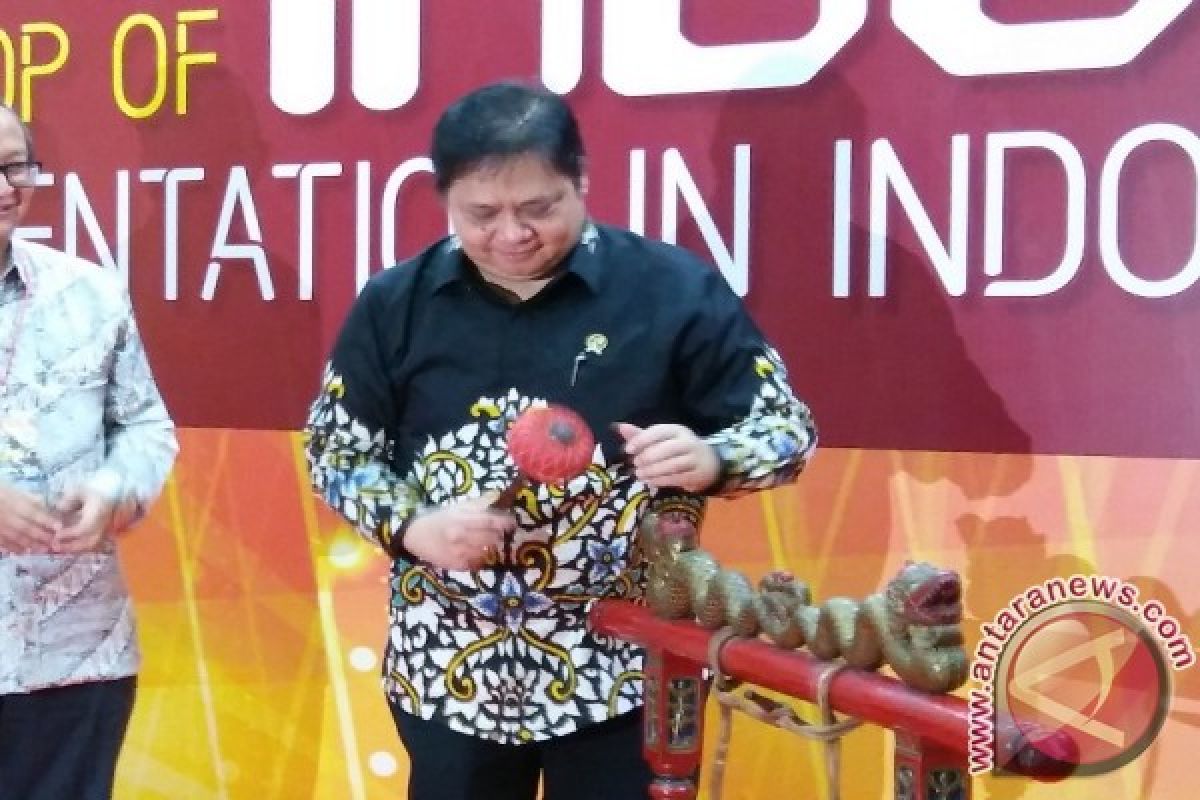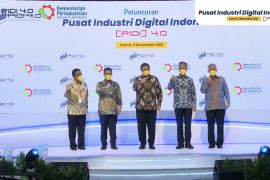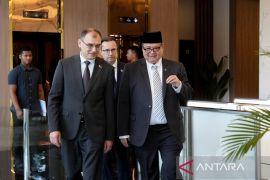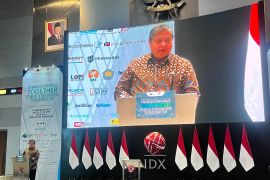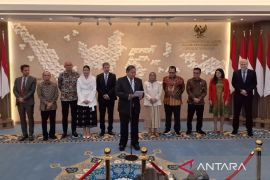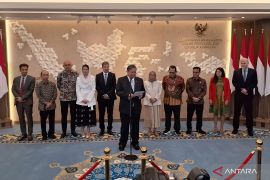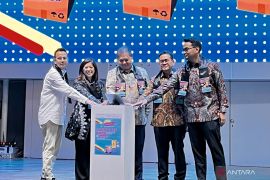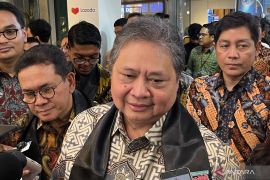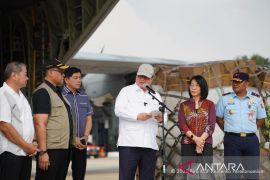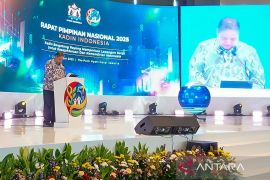"So, our competitiveness is human talent. Meanwhile, in China it is speed, in Germany it is technology, and Japan and Korea have skills, "the minister said in his statement in Jakarta on Wednesday.
Hartarto conveyed this while delivering a public lecture to 3.5 thousand new students at Pelita Harapan University (UPH) in Tangerang. Indonesia`s strength will be at the peak of the demographic bonus around the next 10 years, when the younger generation would dominate.
"We hope the young generation or students will become leaders of the nation after 2030-2045," he added.
Therefore, the government is currently focusing on spurring the competence of Indonesian human resources in order to be more globally competitive, including in the industrial sector.
For example, the challenges that must be mastered are the use of digital technologies such as the internet of things, artificial intelligence, big data, and robotics.
In addition, millennial generations also need to master English language skills, statistics, and coding, which would facilitate their entry into the era of digital economy.
"Science, character, unity, and globalization are the four pillars of the role of the young generation in improving the quality of Indonesian human resources," he revealed.
On that occasion, Dilo, a student from Food Security Study Program, questioned the impact of the weakening of the rupiah on national industries, in a question and answer session with the Minister of Industry, guided by UPH Chancellor, Jonathan L Parapak.
According to the Minister of Industry, the weakening of the rupiah was discussed in a cabinet meeting. There are several commodities that benefit, including plantation products such as oil palm.
"The government emphasizes the need to reduce imported products," he answered. Other strategies include the government?s effort to encourage investment in the real sector, increase consumption of domestic products, and develop import substitution industries.
Furthermore, Victor, a UPH student from Kupang, called for a narrow job field in his village, so that many of the labor force can become migrant workers abroad.
Answering Victor`s question, Hartarto explained that the Ministry of Industry has implemented a vocational education program that links and matches vocational schools and industry.
"This has to done with a hope that students will be ready to enter the workforce after school," he explained.
Reporting by Sella Panduarsa Gareta
Editing by Eliswan Azly
.SYS/A/KR-BSR/A/E002) 15-08-2018 23:31:10
Reporter: Antara
Editor: Suharto
Copyright © ANTARA 2018
